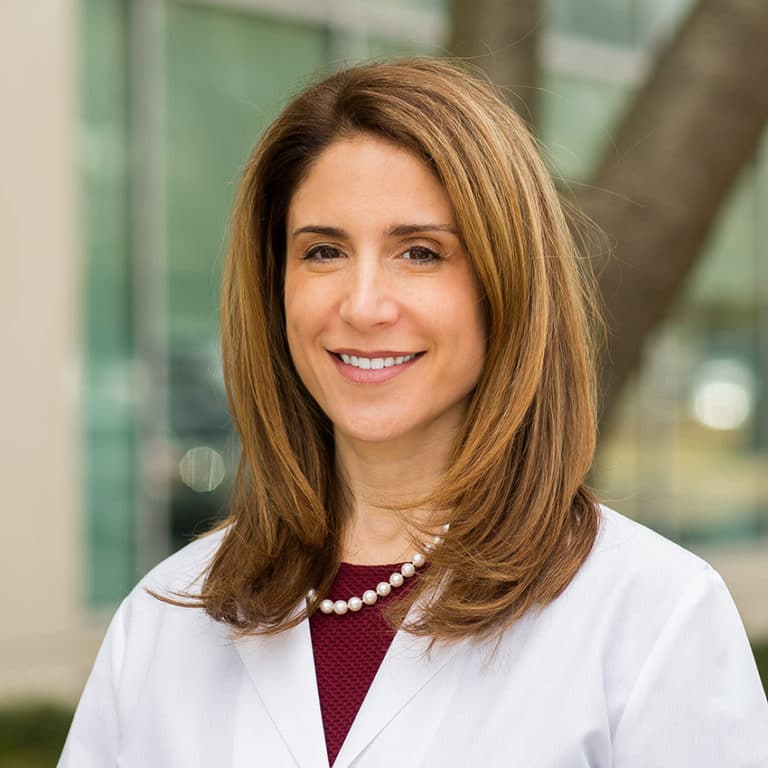When you are first trying to have a baby, sex can be fun. However, when it takes longer than expected, sex can start feeling stressful, and sexual issues during infertility can arise. When sex becomes baby-making and not a way to express intimacy and closeness within a relationship, it can lose its enjoyment.
SGF physician, Melanie Ochalski, M.D., who sees patients at SGF’s Lancaster, Pennsylvania, office, answers questions about having sex when you are trying to conceive (TTC).
Is sex less enjoyable for couples trying to conceive?
We asked our patients at Shady Grove Fertility this very question! In our survey, 13 percent of respondents said sex was MORE enjoyable when they were trying to conceive. These respondents cited that it was wonderful to know they were trying to build their families.
A greater number of patients, 44 percent of respondents, said that while it was more enjoyable at first, that feeling did fade. “For us, it was such an exciting feeling to know that this one time could make the baby that we have always wanted. But as the months went on without a positive result, there began to be more pressure and less romance as we started to time our intercourse with ovulation predictor kits,” says one anonymous Shady Grove Fertility Facebook community member.
The remaining 43 percent of respondents said that sex was less enjoyable while trying to conceive because it began to feel like a chore.
How often should I have sex if I’m trying to conceive?
The average American has sex just a little more than once per week. For couples trying to conceive, this sexual frequency has a high likelihood of missing the fertile window.
The fertile window includes the 6 days leading up to and ending on the day of ovulation. Sperm can live in the female body for several days and the egg survives for approximately 24 hours after ovulation. Therefore, to optimize chances of pregnancy, it is recommended to have intercourse every 24 to 48 hours during the days leading up to ovulation.
How to determine your fertile window
For women with a regular cycle, ovulation typically will occur 14 days before the start of your next period.
For women with irregular and less predictable cycles, they may not be able to determine when ovulation will occur. Ovulation predictor kits can be used at home to detect rises in luteinizing hormone (LH), which is an indicator of ovulation.
At Shady Grove Fertility, patients have LH levels measured during their day 3 testing, and patients are often given medication, such as clomiphene citrate (Clomid), which helps induce ovulation.
When to seek help from a fertility specialist if you’re struggling to conceive
A fertile woman in her 30s only has about a 15 percent chance of conception each month, so often pregnancy does not occur right away and a few months of trying is completely normal. Approximately 40 percent of fertile couples will conceive within 3 months of trying, and 70 percent of fertile couples will conceive within 6 months.
For women under 35 years old who have been having unprotected intercourse for a year or more without a successful pregnancy, I recommend speaking with a fertility specialist. For women between the ages of 35 to 39 years, I recommended speaking with a fertility specialist after 6 months. For women 40 or older, it is recommended to speak with a fertility specialist right away.
Medical contribution by Melanie Ochalski, M.D.
Melanie Ochalski, M.D. is board certified in obstetrics and gynecology and reproductive endocrinology and infertility. Dr. Ochalski has published numerous peer-reviewed scientific manuscripts and review articles in many leading scientific journals, and has been invited to present at national meetings. She sees patients at SGF’s Lancaster and York, PA offices.
Editor’s Note: This article was originally published in April 2017, and has been updated for content accuracy and comprehensiveness as of July 2022.







